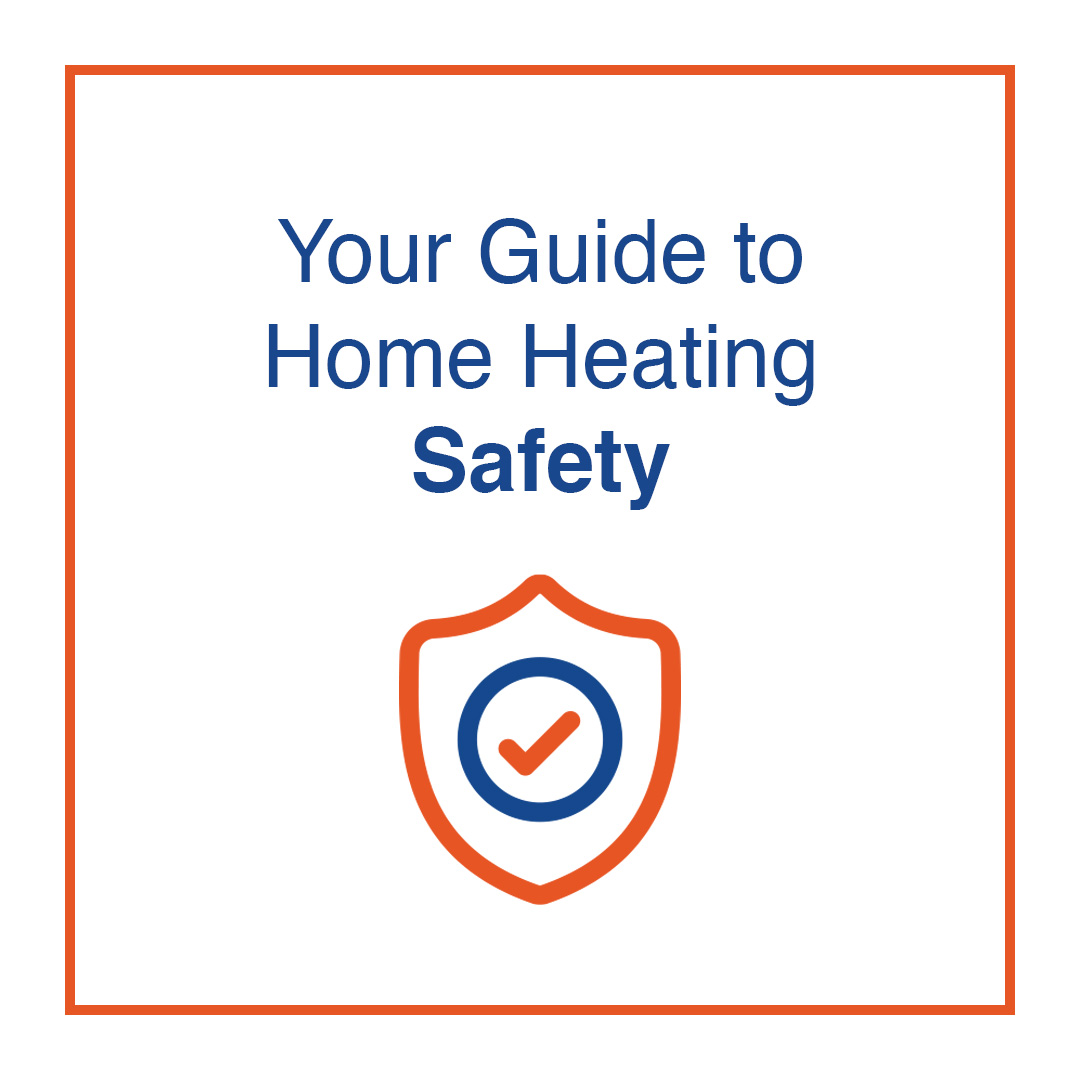Ready or not, cooler weather has arrived in eastern North Carolina. If you’re a Pitt or Beaufort County resident, chances are you’ve had your heat on for a couple of weeks now. In the interest of keeping you cozy and safe this winter, we’ve put together a home heating safety guide full of information to help you get through the cooler weather.
General Heating Safety Tips
- Keep objects at least three feet away from heating equipment, including furnace, fireplace, and portable space heater.
- NEVER use your oven to heat your home.
- Do not leave portable heaters unattended and make sure to turn them off when you leave the room or go to bed.
- Only have one heat-producing appliance plugged into an electrical outlet at a time.
- Never leave candles burning unattended.
- Test your smoke alarms monthly.
- Make sure your fireplace has a sturdy screen to stop sparks from flying into the room.
- If you smell gas in your home or coming from a gas heater, do not light the appliance! Leave your home and call your local fire department or gas company.
- Make sure you have functional carbon monoxide alarms in your home.
Carbon Monoxide Safety
Carbon monoxide (CO) is the invisible, odorless gas by-product of flame combustion. In more simple terms, carbon monoxide is produced whenever a material burns. Although there are easy ways to prevent CO exposure in your home, an estimated 21,000 people visit an emergency room each year due to unintentional CO exposure. Mild symptoms of carbon monoxide exposure include nausea, vomiting, dizziness, headache, fatigue, and chest pain. More serious cases may result in respiratory illness and brain damage.
Here are simple steps you can take to keep your family safe from carbon monoxide this winter.
- Never run gas powered generators inside your home.
- Do not burn anything in a stove or fireplace that isn’t vented.
- Have at least one CO detector in your home, preferably placed near the bedrooms. Having one on every level and in every bedroom is even better.
- Leave your home and call 911 immediately if your CO detector every goes off.
Finally, the most important steps you can take to preventing carbon monoxide in your home is having your heating system inspected and serviced by a qualified technician each year! An important part of this inspection also includes heat exchanger checks.
At Advance Mechanical Heating & Air Conditioning, we provide a comprehensive furnace safety check that also evaluates the following components that can affect carbon monoxide exposure.
- Heat exchanger inspection to look for cracks, leaks and efficiency.
- Gas and oil connections are checked for leaks and seal integrity.
- Ignition system is checked for proper function.
- Carbon monoxide detector(s) is checked.
- Flue piping is checked.
- And much more!
Your safety is our number one priority this winter! Make sure to schedule your heating system inspection and maintenance – give Advance Mechanical Heating & Air Conditioning a call today!

